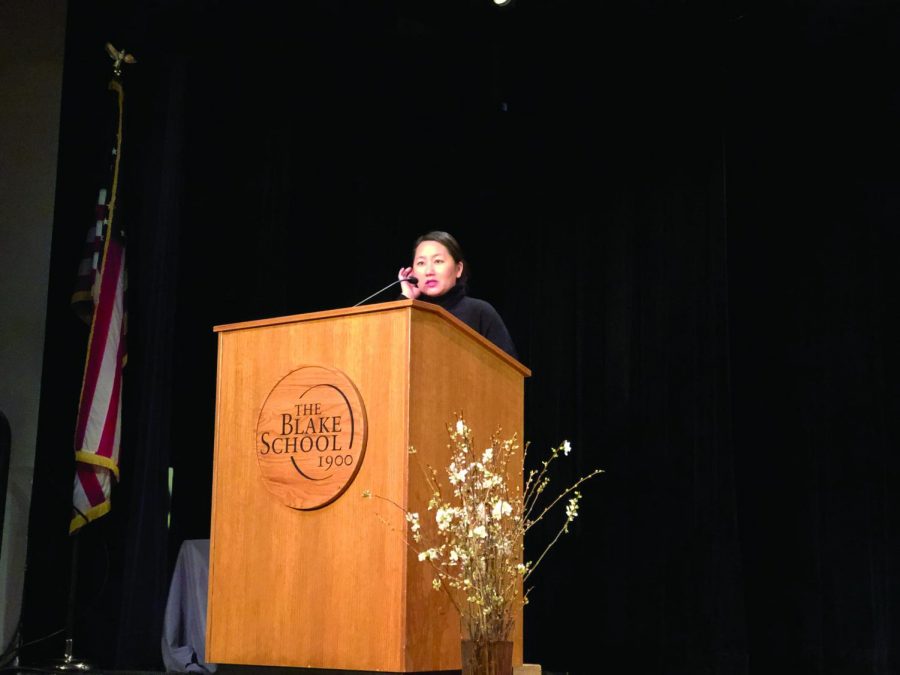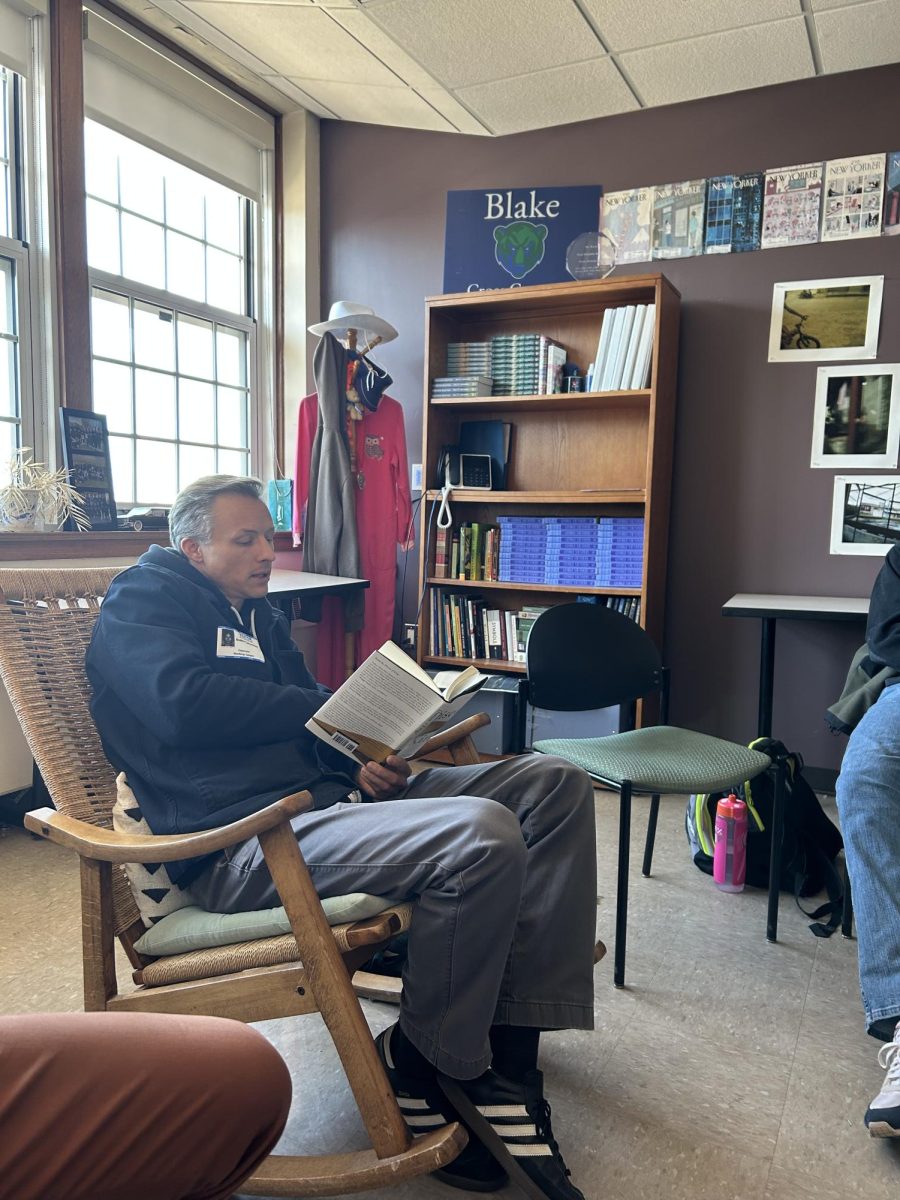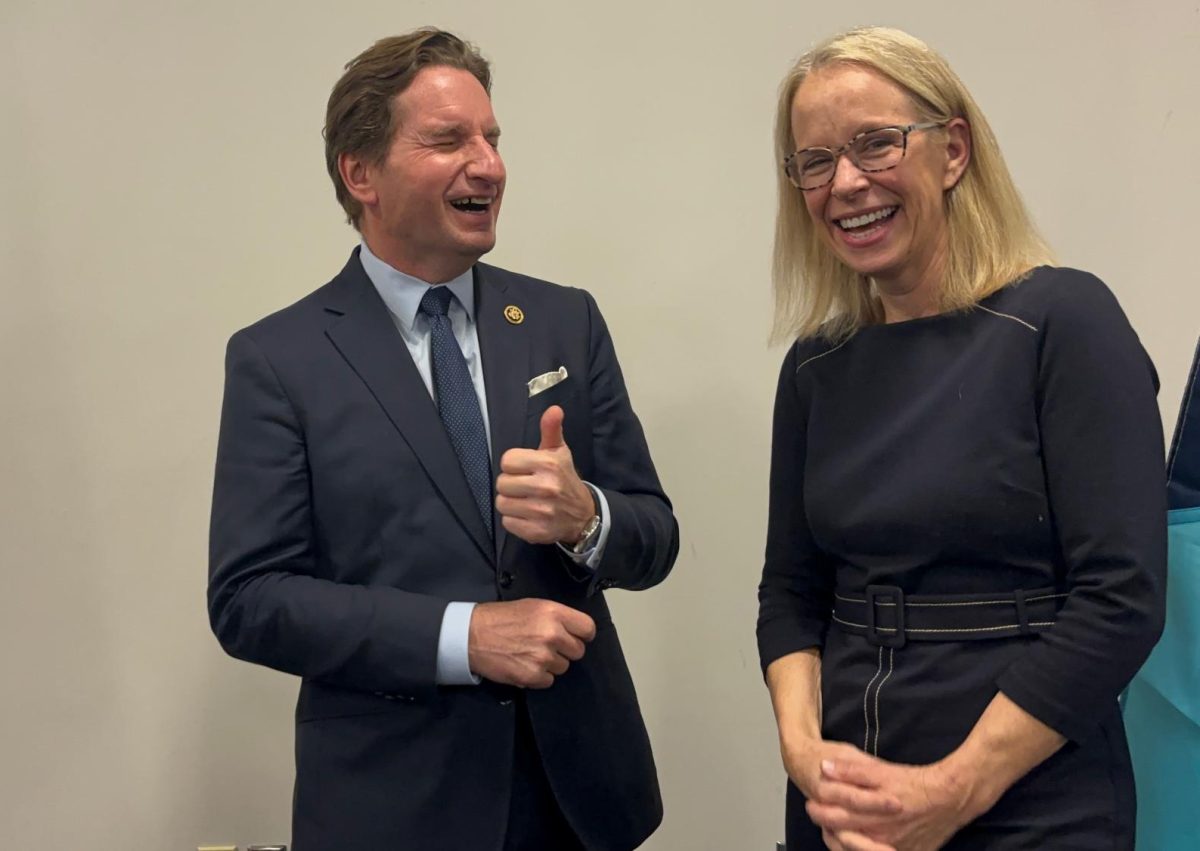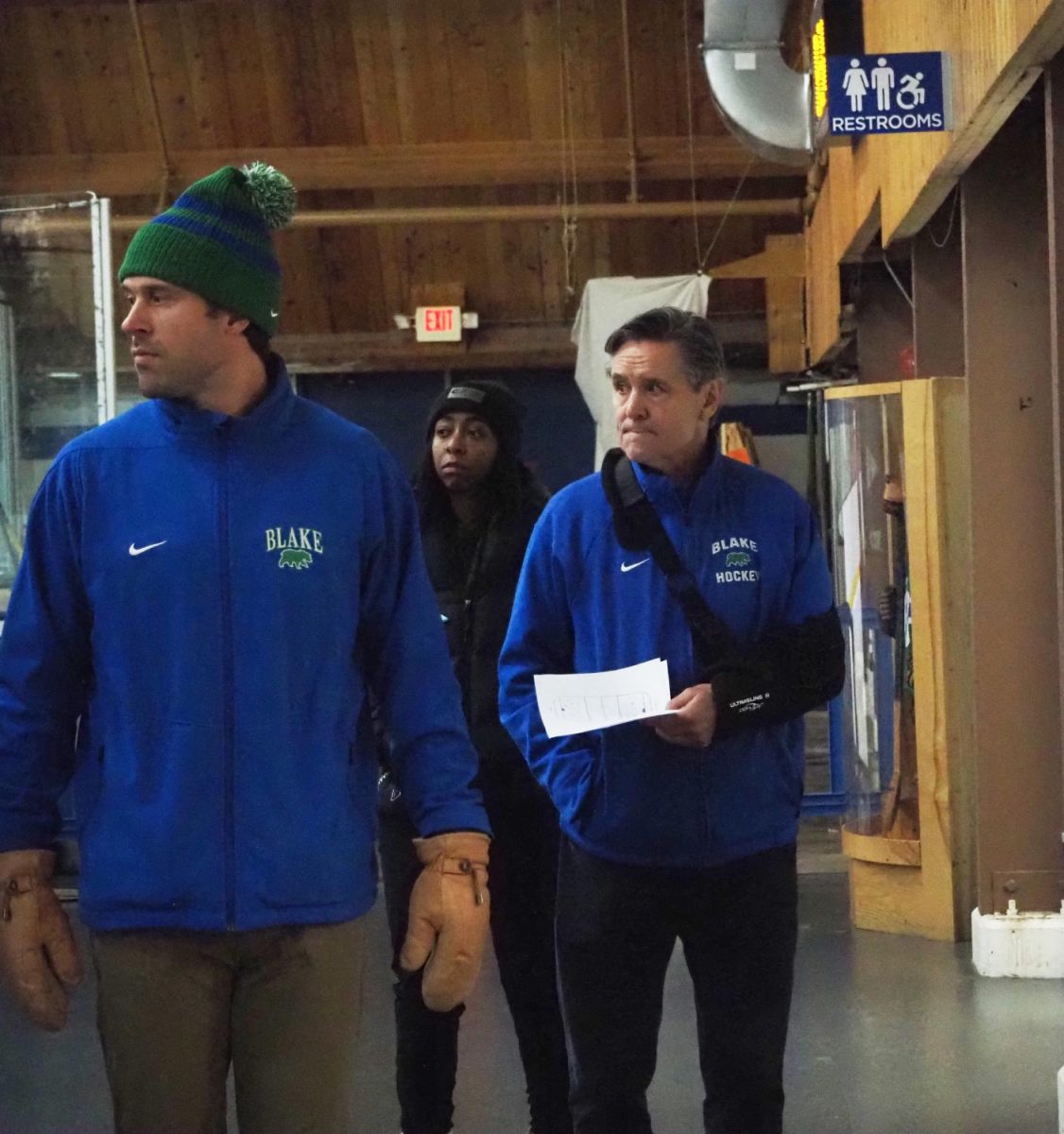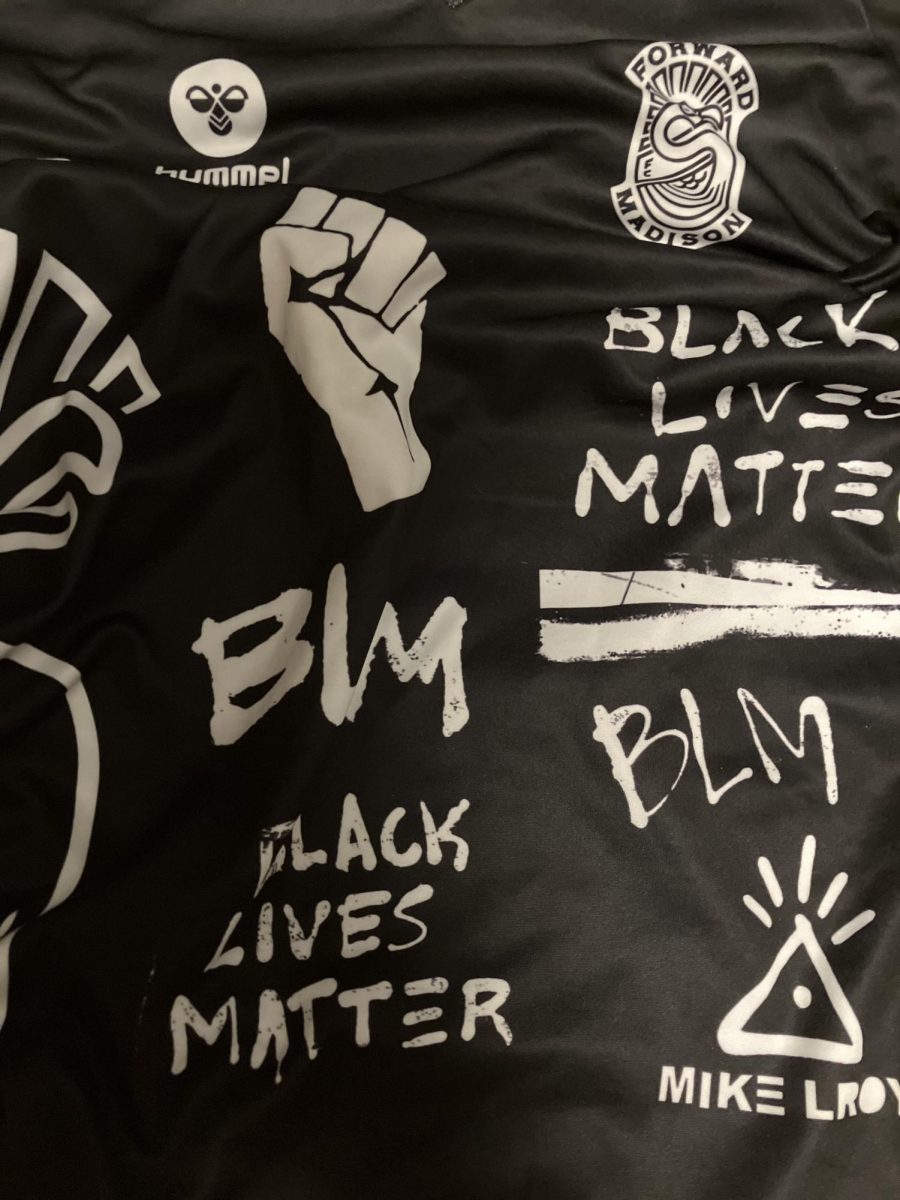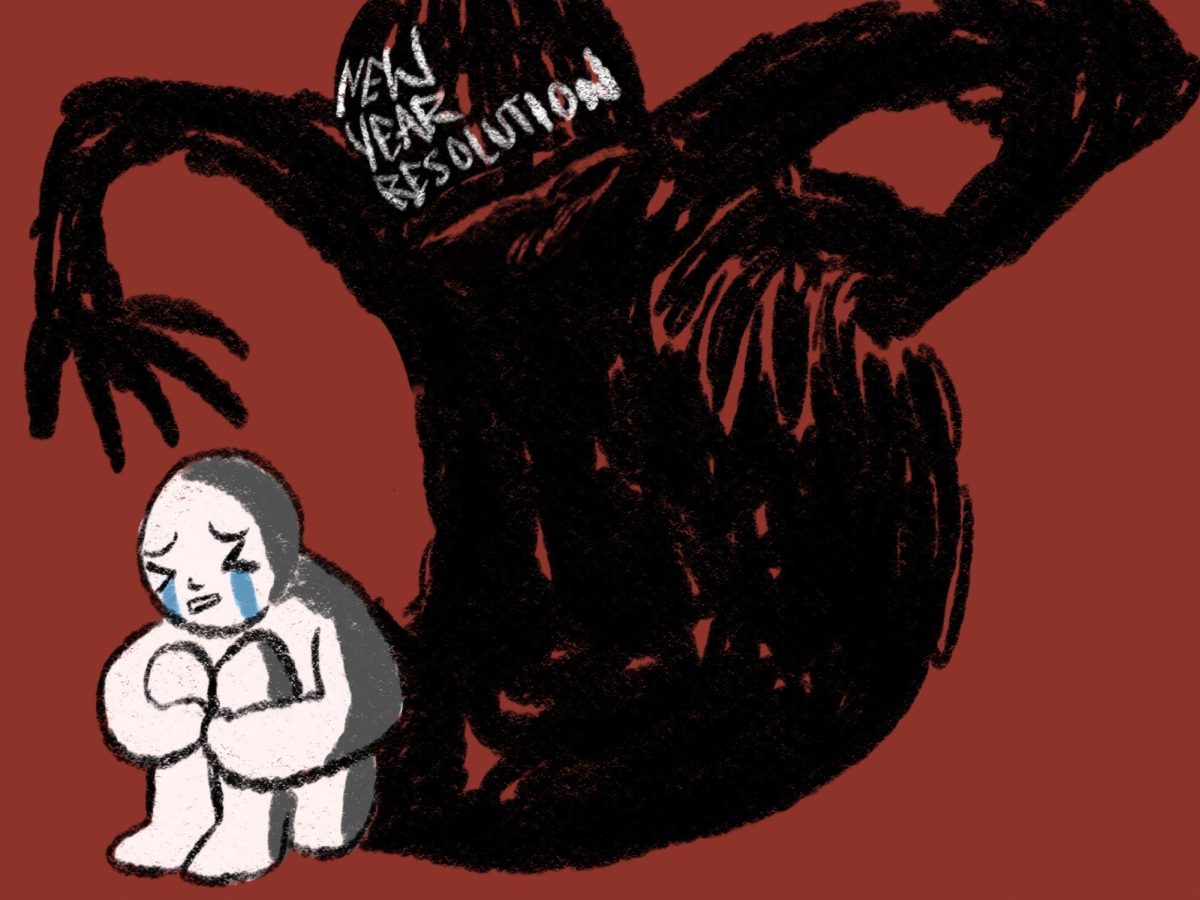On Wednesday, April 10, Kao Kalia Yang, Hmong refugee and Minnesota author, visited Blake to share her story and insight as one of the most prominent writers to represent the Hmong experience in Southeast Asia and the United States. Her goal is to have Americans hear and understand an untold story: the struggle the Hmong people have faced without any country to call their own. When asked what made her decide to speak in front of the Blake School, she said “I’m not a social media influencer … but this public speaking allows me to do a different type of work than the writing … at least twenty five percent of Blake students would not pick up a Kao Kalia Yang book … but all of you in that room had to hear what I had to say. It’s too powerful of a moment to give up.”
Yang’s personal story started when she was born in a refugee camp in Thailand for Laotian Hmong people. Her family came to Minnesota when she was a little girl in 1987. Her childhood in the United States was very difficult: her family lived in a small, molded house and both of her parents worked long shifts around the clock in order to keep the family afloat. They faced racism, and adaptation to life in the St. Paul was not easy, but they found solace in the rest of the growing Hmong community in the Twin Cities.
While her personal story is very unique, most of her writing and speaking tries to tell the story of the Hmong people as a whole–– for decades, they have struggled in silence, and she is one of the very first writers to start to express the anguish and hardship that the Hmong people have suffered through.
Struggles go beyond the broad facts of the situation. Yes, the Hmong people have been forced to move around and undergo violence and poverty, but Yang tells the story of the Hmong struggle on a personal level. She explains what how it feels to see loved ones erased, be overlooked, and ignored on account of ethnicity. She explains wisdom learned from her family’s experience, like “If you take a village and you’ve won, you should take it with generosity and with grace. Because if you don’t and you steal a chicken or you take just a cup of rice, the people that have fallen will rise up again and they will kill you … there’s a point at which you cannot push human beings anymore.” She explains the details of a hard life that are brushed aside when explained by people who didn’t really go through the struggle.
Yang tells the true insights of this struggle, like how she feels supported by the thousands of ancestors that lived to pass on the heritage to her. She explains that “All of [my ancestors’] stories live inside of me … I would not be [my uncle’s] niece if I did not carry the truth of his story to my children and those yet to come. There are certain things written in our bodies and in our hearts that we don’t need to live to know.”
Her target audience is more than Hmong or white people, but all those that share the human experience. Her goal isn’t to just tell the story to the Hmong, but to make all people truly understand the experience. Her father once told her, “The work you will do will go beyond your gender. It will go beyond your people. It is for a bigger humanity … do not be limited by the parts that make you who you are.”
Being one of the very few Hmong voices in American literature is very important for Yang as well. She explains how every decision a person makes is based upon the information given, so it is her hope that all leaders have access to the information of the Hmong story when making decisions. “Every decision that you make is based on what you know the world to be. If I didn’t come [to Blake], so many of your worlds would not have included the things that I said [in the speech].”
Yang’s advice for young writers is to not worry about external pressure concerning what or how to write, but to simply find a topic that they find important for them to tell, and to simply explain that story. According to Yang, thinking about pressure–– not just high expectations from others, but also expectations about which parts of a story to tell–– is a direct path to writer’s block.
Yang’s symposium and subsequent visits to classes around the school left a lasting impression on students about a world that had previously been hidden. She will continue telling the Hmong story in hopes of inspiring others to think about and understand the Hmong struggle and perhaps inspire people with similar silent struggles to come forward and tell about what they believe needs to be told. In her own words, “If I do a really good job maybe the next young Karen [Southeast Asian]–– not Hmong, Karen writer, whose name emerges from the newspapers–– maybe there will be room for him or her or them to take that stand–– and to say the things that we’ve all been needing to hear.”


